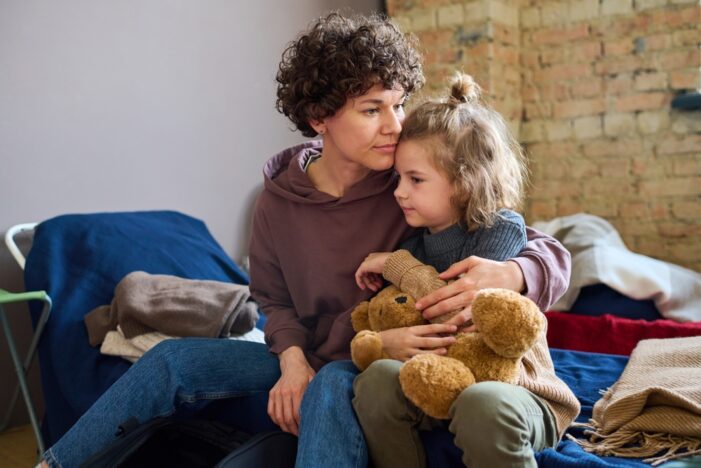A mother fleeing an abusive husband in Honduras. A Salvadoran family terrorized by gangs after refusing extortion demands. A young woman whose government offers no protection from sexual violence. All of them will now face far steeper odds of winning asylum in the United States.
In a pair of rulings issued this week, U.S. Attorney General Pam Bondi declared that claims like these should only be granted in rare circumstances. The ripple effects of her decisions could impact thousands of asylum claims nationwide.
What were the rulings?
Bondi ordered the Board of Immigration Appeals — the highest administrative body for interpreting and applying U.S. immigration law — to reconsider two asylum cases. One involved a domestic violence victim who feared returning to Honduras, and the other a mother and child who fled gang violence in El Salvador a decade ago.
In revisiting these cases, Bondi revived restrictions from President Donald Trump’s first presidency that the Biden administration had rolled back.
For the Honduran woman’s case, Bondi resurrected a 2018 decision (Matter of A-B-) that said women fleeing domestic violence should “generally” not qualify for asylum. “Although there may be circumstances when a government’s failure to control private conduct itself amounts to persecution,” the 2018 opinion was “entirely correct to treat those circumstances as few and far between,” she wrote in her decision, as reported by The Wall Street Journal. In the Salvadoran family’s case, Bondi revived another 2019 ruling (Matter of L-E-A-), which undermined protections for families targeted because of their family ties.
In response, the Center for Gender & Refugee Studies at University of California College of the Law, San Francisco, said Bondi’s rulings would “effectively shutter some of the few remaining avenues for women and families fleeing persecution to find safety in the United States.”
Redefining “particular social groups”
Federal asylum law decrees that people may seek asylum in the U.S. if they can demonstrate a well-founded fear of persecution based on race, religion, nationality, political opinion or “membership in a particular social group.”
At the center of Bondi’s rulings is a sharp narrowing of who qualifies as a “particular social group” under asylum law. They have reclassified domestic violence as “private conduct” and cast doubt on families as a protected category.
Advocates warn that this shift eliminates two common bases for asylum claims by women and children. “This is a brazen power grab by Trump’s Justice Department — an attempt to rewrite our laws to deny protection to women and families escaping deadly violence,” said Center for Gender & Refugee Studies director Karen Musalo.
The Justice Department countered in a statement that Bondi’s move “restores fidelity to the law” and closed what it called “loopholes” in the asylum system.
Consequences for asylum seekers
While judges are still required to consider each case on its individual terms, Musalo said Bondi’s decisions would “cause confusion and provide a justification to judges who are inclined to reject asylum claims without fair consideration.”
Others echoed that concern. “This time around I think the dangers are much more profound than the first time,” Victoria Neilson, supervising attorney at the National Immigration Project, told The Washington Post. “They could be an easy tool for someone that’s predisposed to dismiss cases.”
Further down the line, immigration attorneys worry that federal courts will be flooded with appeal cases, and that Bondi’s reasoning might be used in the future to deny protections to LGBTQ+ refugees or children fleeing abuse.

